40 Years of Dancing: In Conversation with Renee Scroggins of ESG
This article originally appeared in She Shreds Issue #14, which was released in February, 2018. Receive a copy as your first issue when you subscribe here.
“Listen, in my heart, I feel 18,” says Renee Scroggins. “But in reality, I am moving towards 60.”
It’s a Monday afternoon and Scroggins, vocalist and founding member of New York funk band ESG, is at home in Atlanta. Scroggins is in the midst of some time off due to a nasty knee injury after the band’s last live shows in 2015. Thanks to therapy and medication she’s now doing well, which is timely considering this year marks 40 years of live performance for ESG.
Having first hit the stage back in 1978, a time when Bruce Springsteen was crooning about the Darkness at the Edge of Town and Debbie Harry was headed to the supermarket to check out some specials and rat food, ESG’s primitive steps came from a far more humble beginning than some of their art school peers. While many refer to ESG’s homestead of the Bronx as a hub of musical innovation, Scroggins has slightly different memories of growing up there: “It was a bad time. There were a lot of drugs, gangs, and that kind of activity in the neighborhood. It was inspirational as far as if you didn’t want to be on those streets, you had to find another way out.”
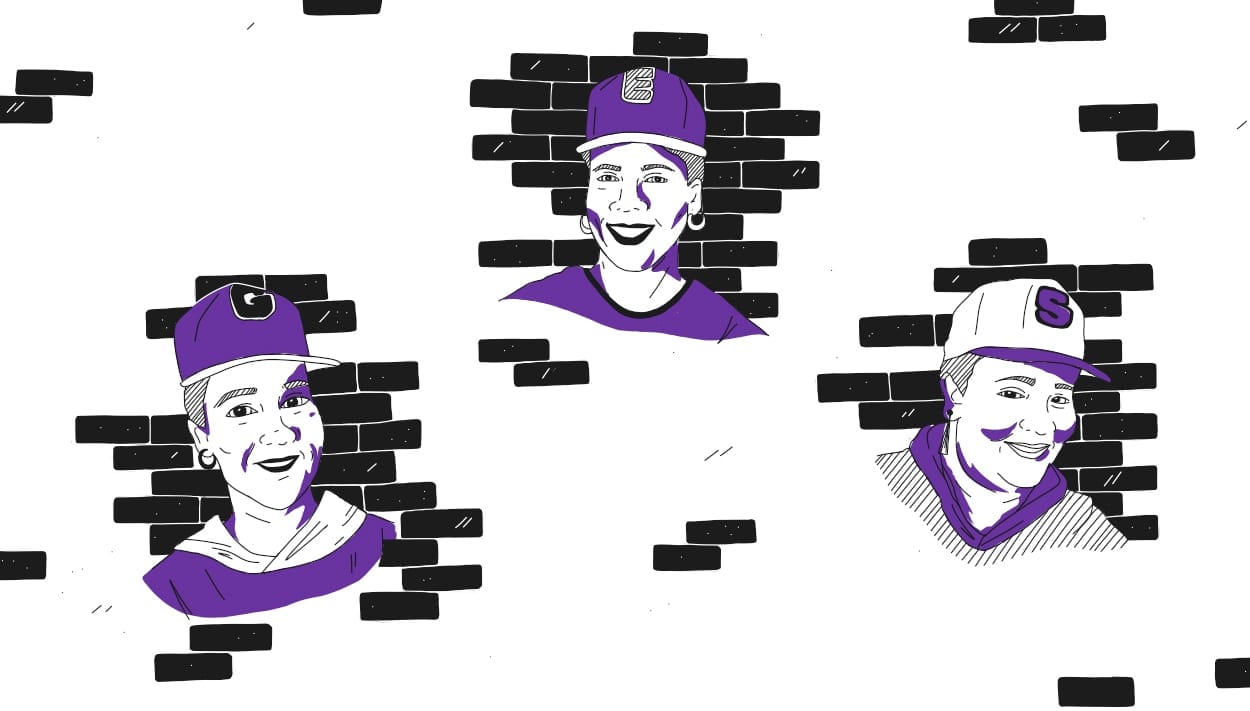
For Scroggins and her sisters, that escape was artfully provided by their best critic; their mother. In the late 60s and 70s, the Bronx saw a sharp decline in population and habitable housing after a wave of arson hit its streets. In a bid to keep her family distracted and in a more developmental environment, she looked to one of her eldest daughter’s biggest passions: “My mother didn’t want us hanging out [on the streets] so we were given a project,” says Scroggins. “She knew I had a love of music, and that my younger sisters would generally fall in line with what I wanted to do, so she got us the instruments. We used to like shows like Don Kirshner’s Rock Concert and we said, ‘We can do that.’”
Scroggins recalls the Christmas when she and her sisters came down the stairs to find the musical gifts under the tree. “I have old Super 8 movies, and whenever we do a [ESG] documentary, that will be part of it,” she says. With a meager income, it was a fairly modest set up: “She got what was affordable,” Scroggins adds. “I got a bass guitar, Valerie got drums, and Marie got tambourines.” There was, of course, one other member of the family at the formation of ESG: sister and original bassist Deborah, who would leave the band in 1987.
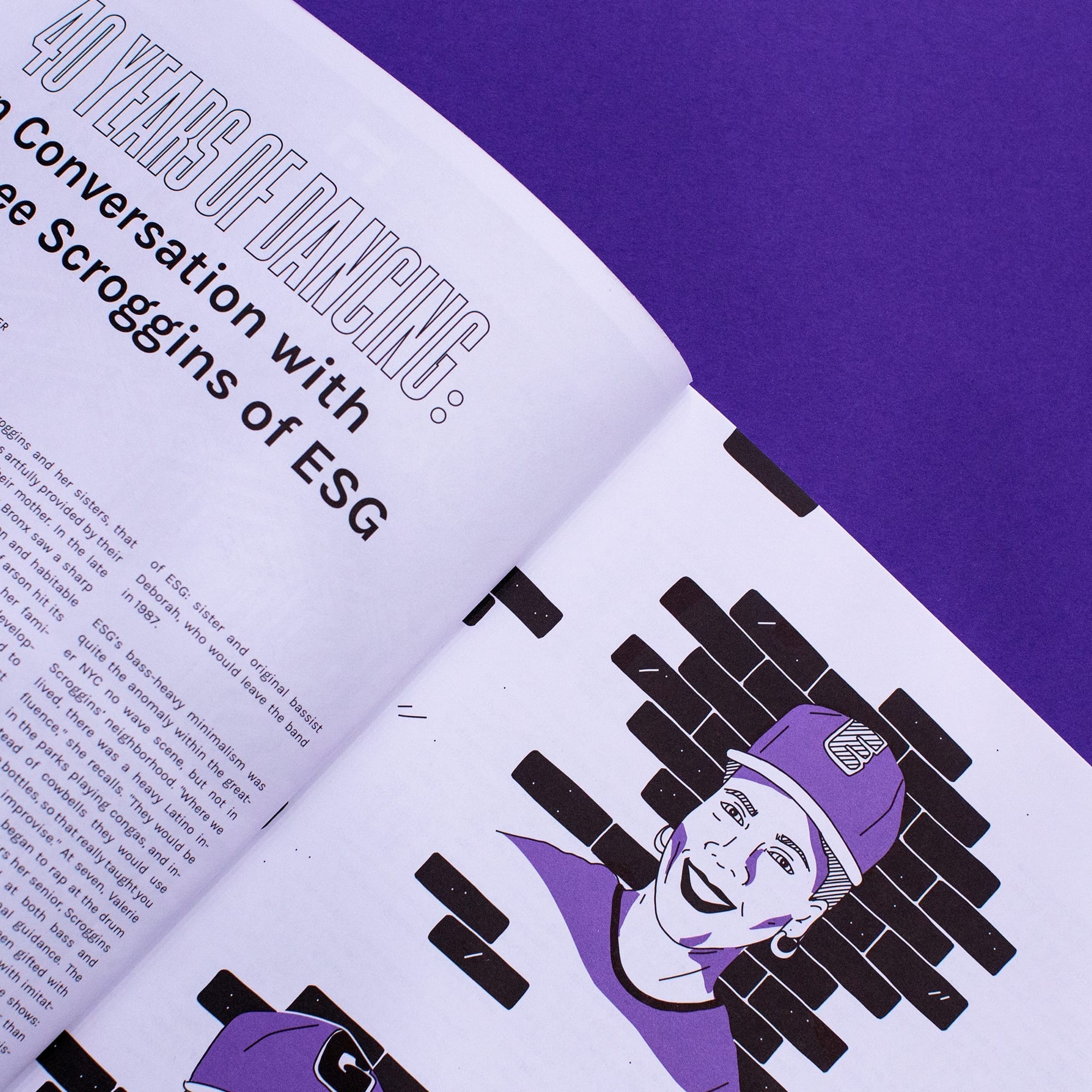
ESG’s bass-heavy minimalism was quite the anomaly within the greater NYC no wave scene, but not in Scroggins’ neighborhood. “Where we lived, there was a heavy Latino influence,” she recalls. “They would be in the parks playing congas, and instead of cowbells they would use coke bottles, so that really taught you how to improvise.” At seven, Valerie Scroggins began to rap at the drum kit. Three years her senior, Scroggins tried her hand at both bass and guitar with minimal guidance.
The family might have been gifted with instruments, but not so with imitating what they saw on those shows: “Watching it on TV was easier than the reality, you had to focus!” The sisters quickly realized there was a far more efficient workaround for their creativity. “We first attempted to play cover songs, and that was horrible,” Scroggins jokes. “I realized that if I wrote my own songs nobody would know if we messed up.”
The challenges continued when it came to hitting the live touring circuit. “Once you got out there and started playing, you realized some clubs or venues had liquor licenses, or what they would call cabaret licenses, so you couldn’t be in the club if you were under 18,” says Scroggins. But of course the band maestro, Mrs. Scroggins, had that covered: “My mother came with us when we performed. She’d sit backstage and make sure we left after our sets. Like always, she kept us on the straight and narrow”.
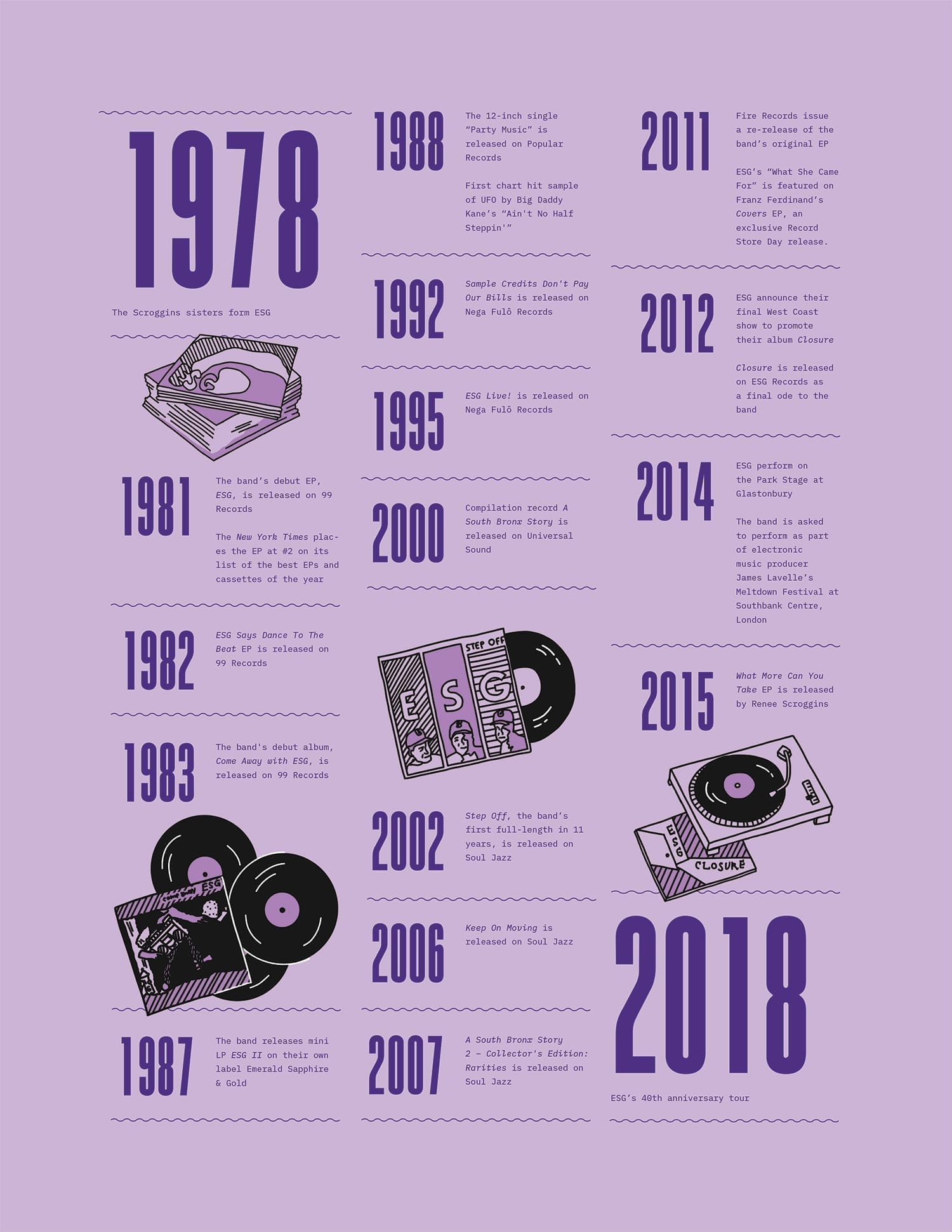
ESG’s 40th year landmark is an apt time to reflect on their achievements and the accolades they’ve racked up. The legendary group played every hip New York club, including The Mudd Club, The Danceteria, and the famed Paradise Garage in New Jersey where cult-followed DJ and dance music pioneer Larry Levan chose ESG to play the closing night. “Some venues have come and some venues have gone,” Scroggins says. “We’ve actually been around longer than some of the venues.”
ESG’s unstoppable funk force has remained a constant, and Scroggins believes that it all comes down to authenticity as an artist: “We kept true to ourselves, we kept it minimalist, we kept it funky. I didn’t try to go with the trend of the moment. We kept to ourselves musically.” One of their best known characteristics might be their transcendence of genres.
Their track “UFO” is one of the most sampled songs of all time; the looping whirr of its guitar sound has been referenced by everyone from Grime Mob, to Wu Tang Clan, to indie rockers Liars—meaning, while you might be unaware of the Scroggins sisters, you’ve undoubtedly heard their string skills. This has led to contentious situations for the bandmates, who, in 1992, released an EP titled Sample Credits Don’t Pay Our Bills.

“The only thing I’ve always said to people is that ESG’s music makes you want to dance,” Scroggins says. “Other than that, I don’t like to put us in a genre or a box. We are ourselves.” And dance they do. The band’s first recordings offer a take on the classic 60s girl gang back-and-forths of Motown girl-group, Martha and the Vandellas. “You’re No Good” slays a self-fulfilled lover with some clattering congo fills, while the bass line on “Moody” conjures up a visible shoulder shuffle.
Both were part of the band’s debut EP, ESG, released on 99 Records in 1981, and were recorded in the first take; when they finished those two, their recording engineer had three minutes of time left, so they decided to lay down the distinctive downstrokes of “UFO” too.
The band’s characteristic sound continued on 1982’s ESG Says Dance to the Beat of Moody EP and their first full-length album, 1983’s Come Away With ESG, both released by 99 Records. After this release, the group disbanded, but they unexpectedly re-formed in the early 90s and issued a self-titled 1991 compilation of previously released material. Nine years later, at the turn of the millennium, the band released a career spanning compilation, A South Bronx Story, on the label Universal Sound.
Two years after that the band came back together in a new guise with their first fresh material in nearly two decades. Step Off, released in 2002 by Soul Jazz Records, found Scroggins’ daughter Nicole on bass duties and Valerie Scroggins’ daughter Christelle Polite plucking out abstract riffs on guitar.
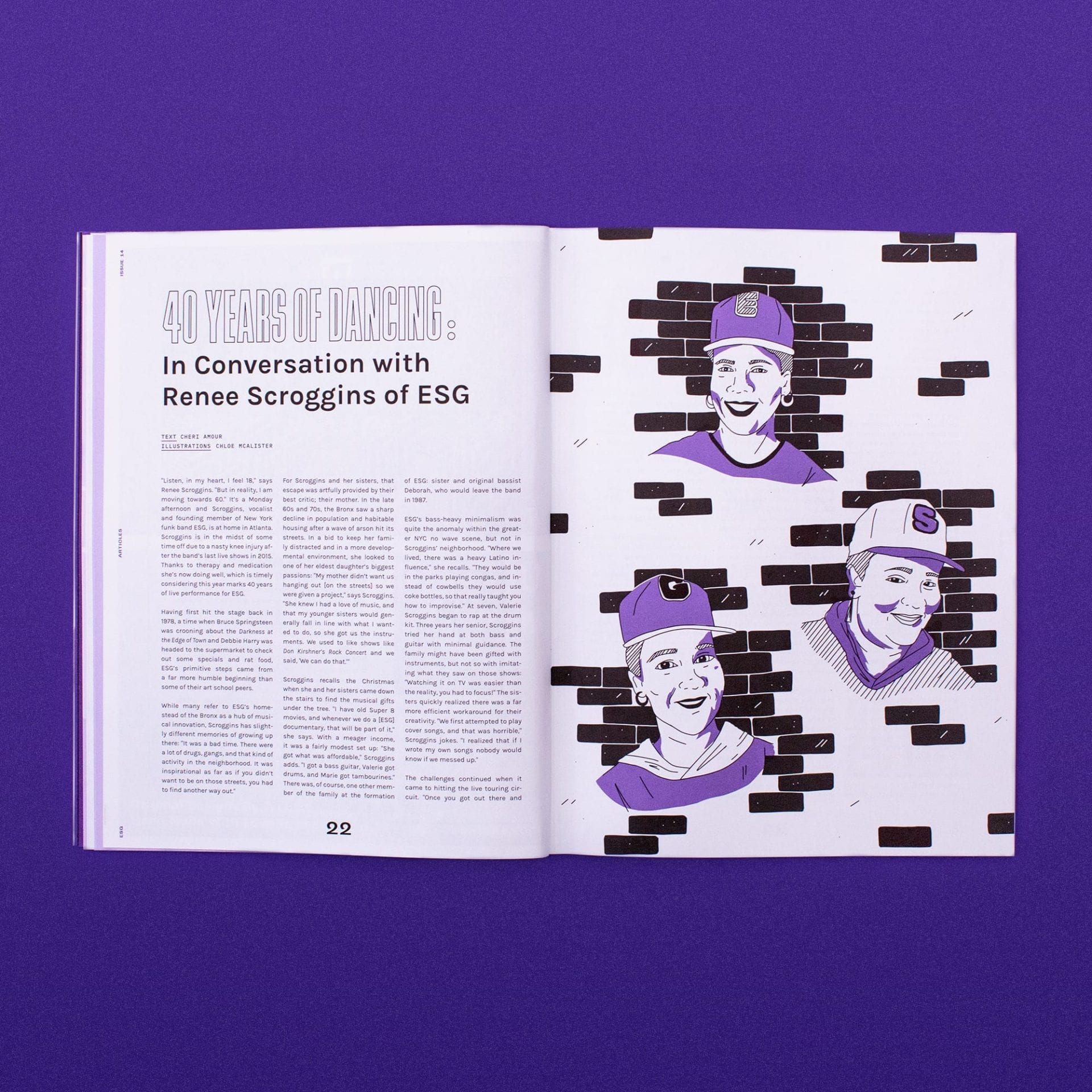
While the iterations of the group may have changed throughout the years, ESG has always been a family band, although it wasn’t always intended to be a matriarchal movement. Scroggins, who now performs with her daughter Nicole and son Nicholas, says, “I just happened to have a bunch of sisters. It was about the music, not our gender. On the same basis, I am happy that I have [had that experience], especially lately seeing so much in the news about sexual harassment. And it never hurt to have your mother at certain places.” ESG has kept both a loyal following and inducted fresh-faced listeners into the fold, which hasn’t gone unnoticed by Scroggins: “Knowing that fans are still dancing and enjoying themselves, that’s what makes me feel good.”
Despite her new Georgia location, Scroggins’ Bronx roots shine through her New York twang and upbringing. It’s this tenacity and resilience—along with the full-bellied laughter that punctuates her storytelling—that has kept ESG on the road, performing across the globe, and releasing countless records for the past four decades. To mark their milestone birthday, ESG will take their music down under to Australia with their latest release, What More Can You Take?, self-released by Scroggins in 2017.
However, Scroggins may not be touring much longer: “I tell my kids I’m getting tired of traveling. I love to perform, but it’s those long trips. I’ve been doing this since 1980. Flying begins to put some wear and tear on the body.” But she is gracious for the opportunity to take on such globe-trotting adventures, not to mention pleasing the sisters’ eternal advocate: “One of the greatest things I can say, and it truly made my mum proud, was that we were able to travel the world on our music.”


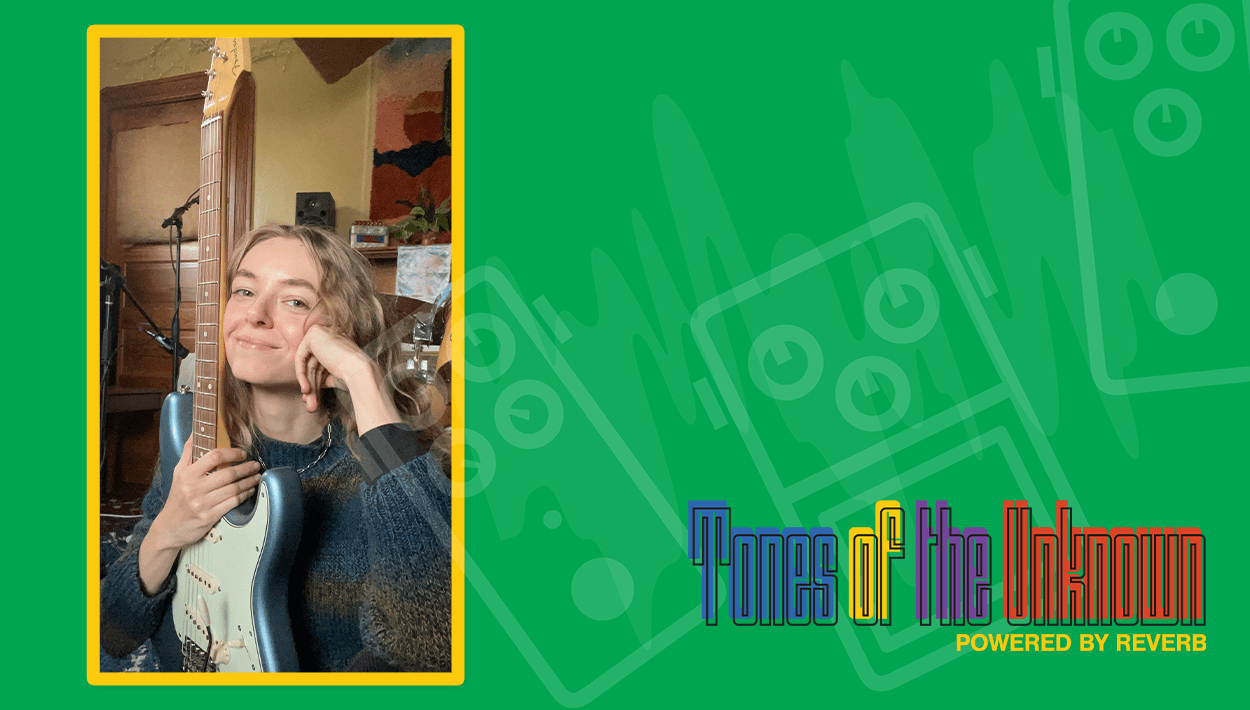
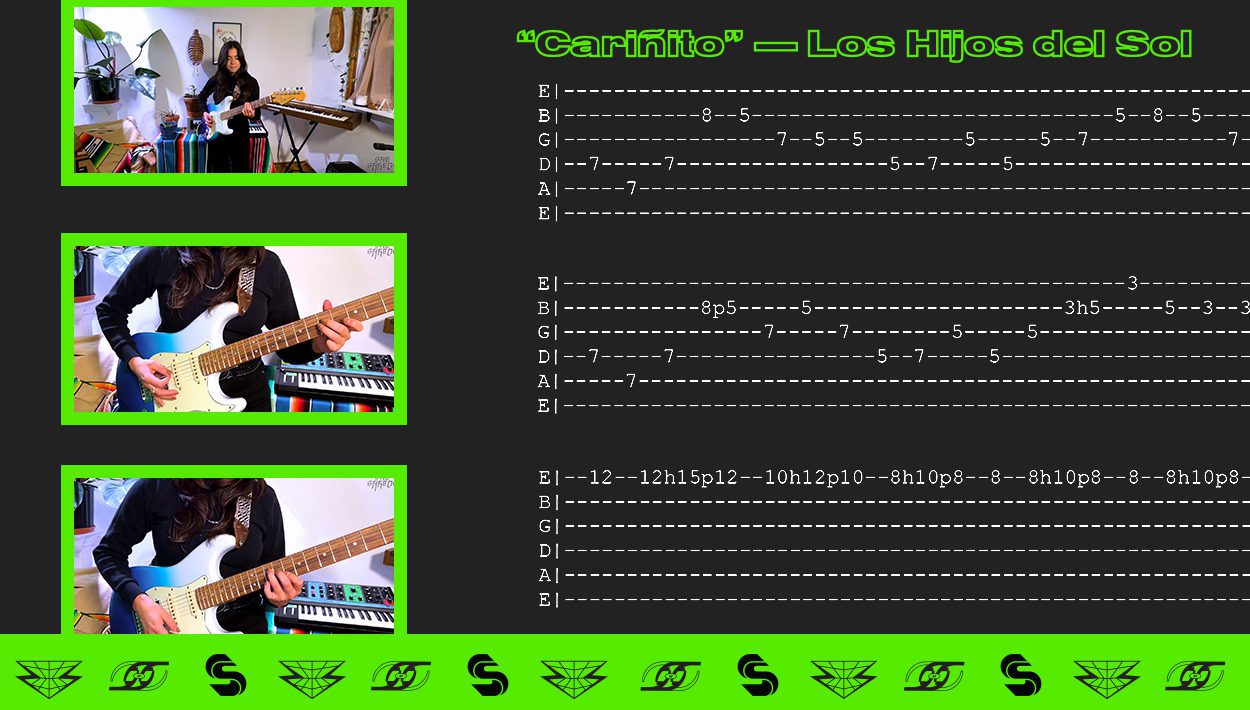
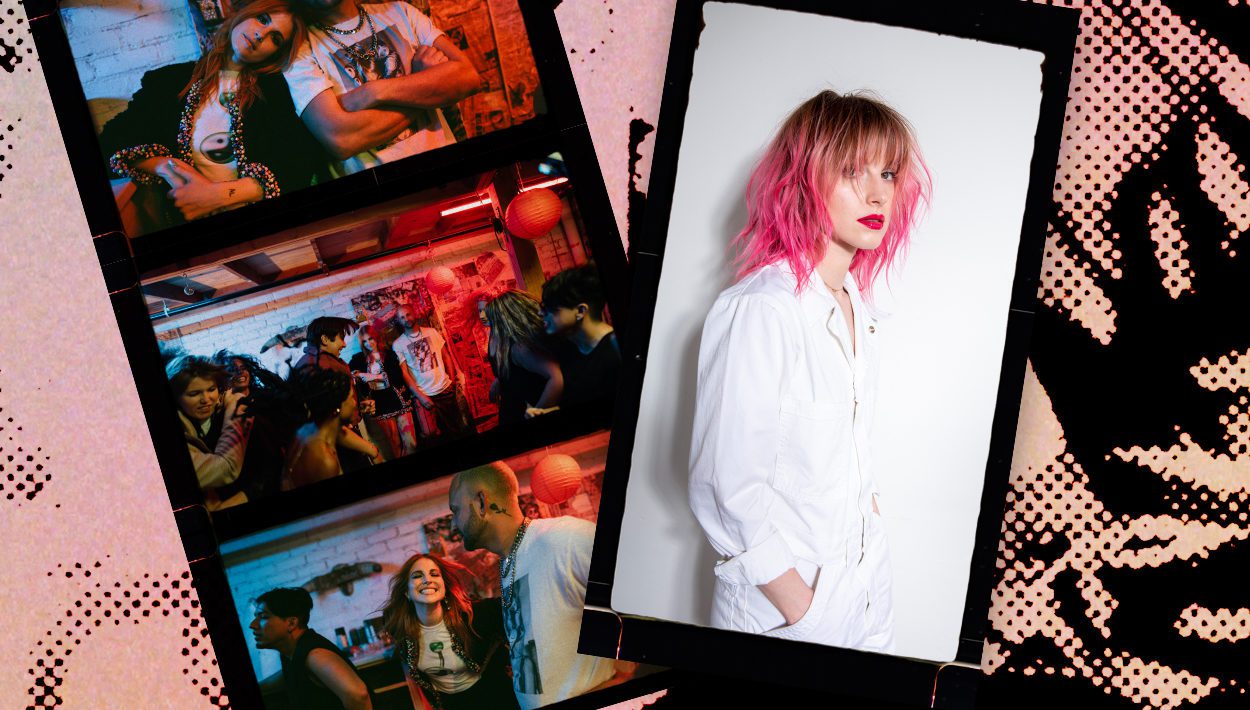


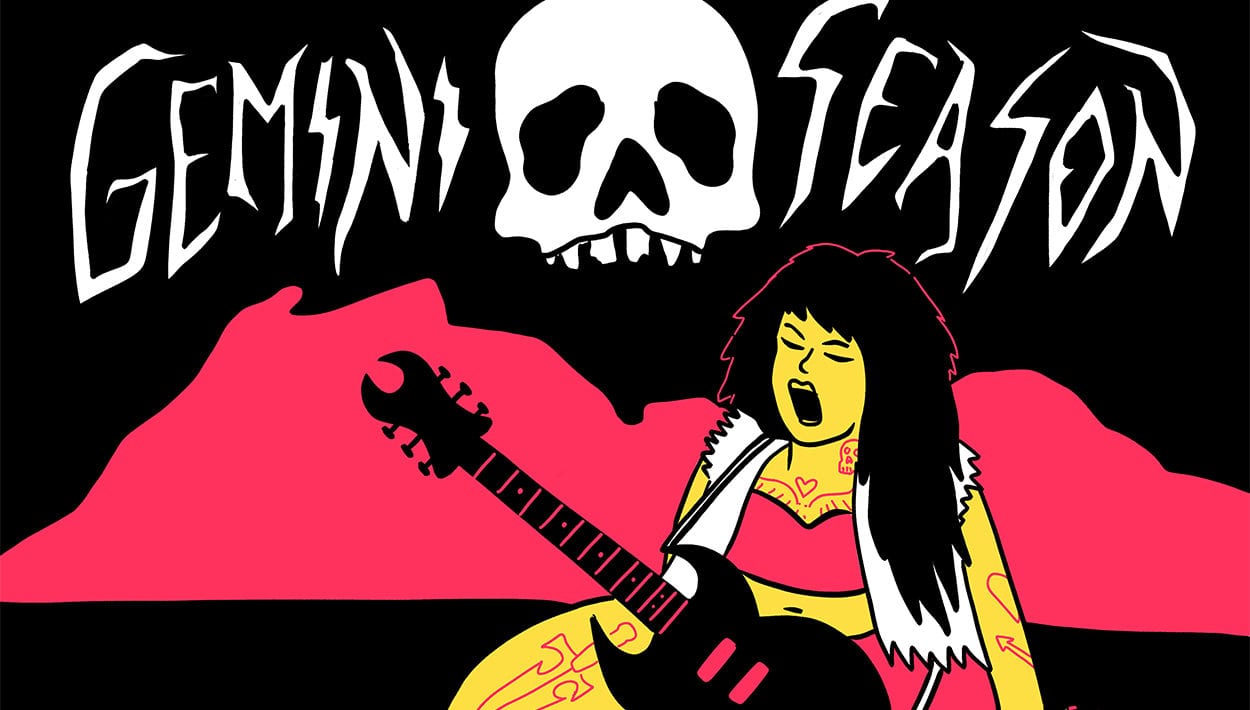
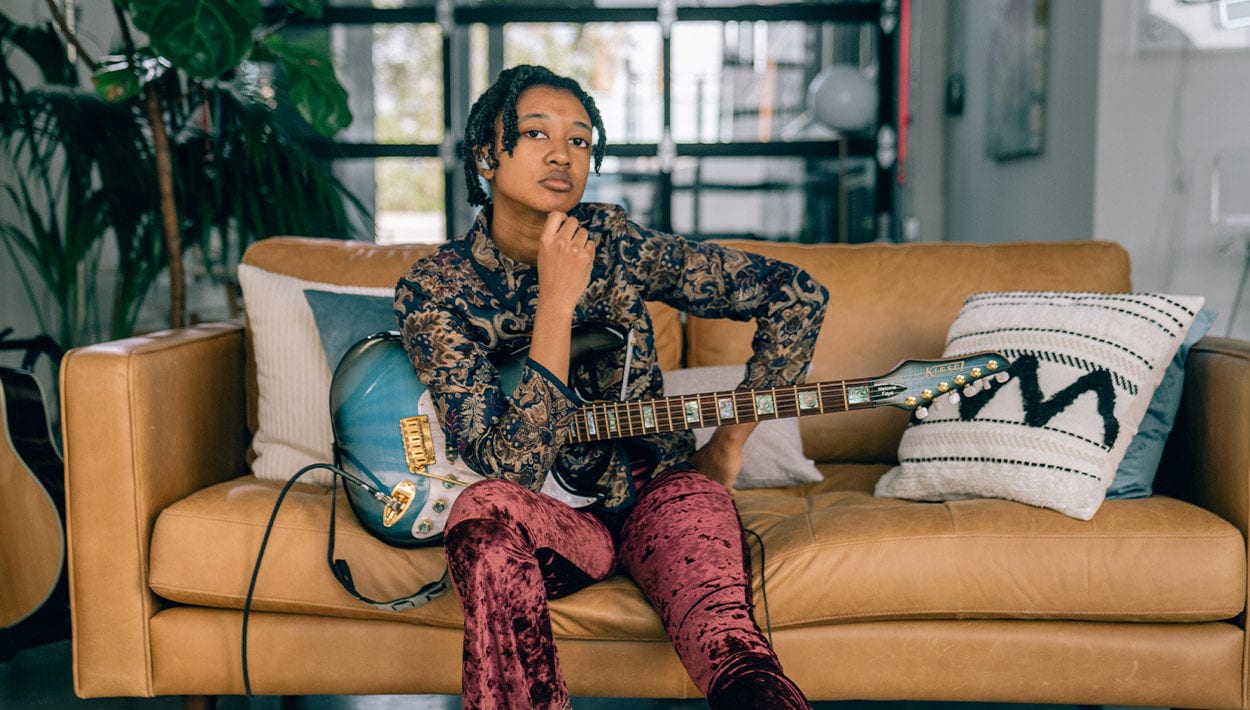
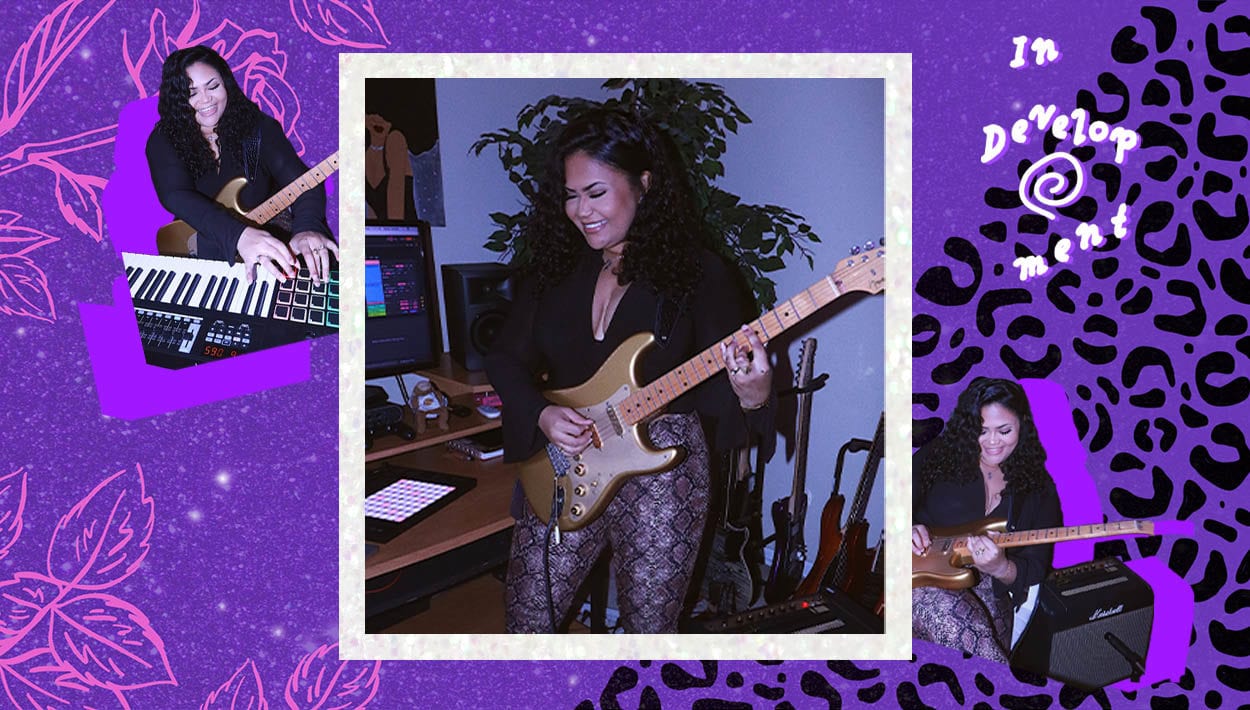
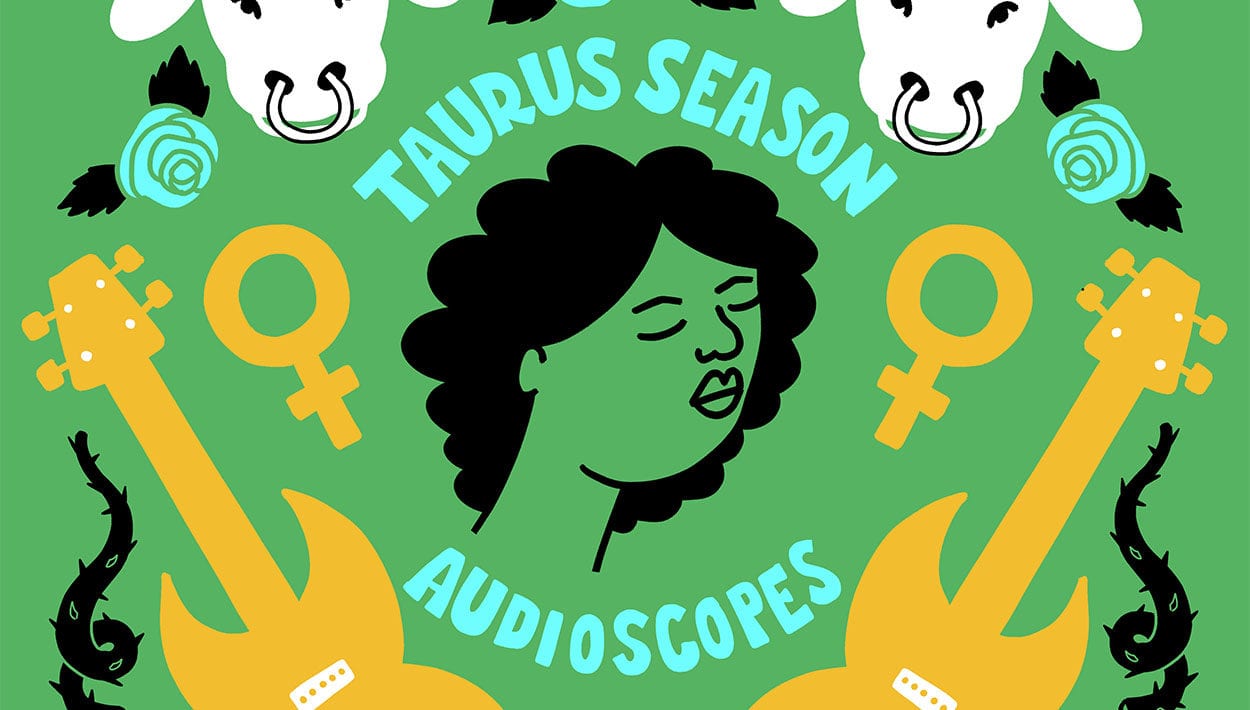


Comments
[…] Hailing from the South Bronx, ESG was formed by the Scroggins sisters in 1978. The iconic no-wave funk band wrote the most sampled song of all time, “UFO,” which has been referenced by everyone from Grime Mob, to Wu Tang Clan, to indie rockers Liars. Deborah and Renee Scroggins both played bass in different iterations of the band—starting out on vocals, Renee took over bass duties when Deborah left the band in 1987. Renee still performs as ESG, with her daughter Nicole and son Nicholas. Read our feature with Renee Scroggins, “40 Years of Dancing: In Conversation with Renee Scroggins of ESG.” […]
Pingback by Fagottobooks Blog on February 27, 2020 at 7:38 am[…] Hailing from the South Bronx, ESG was formed by the Scroggins sisters in 1978. The iconic no-wave funk band wrote the most sampled song of all time, “UFO,” which has been referenced by everyone from Grime Mob, to Wu Tang Clan, to indie rockers Liars. Deborah and Renee Scroggins both played bass in different iterations of the band—starting out on vocals, Renee took over bass duties when Deborah left the band in 1987. Renee still performs as ESG, with her daughter Nicole and son Nicholas. Read our feature with Renee Scroggins, “40 Years of Dancing: In Conversation with Renee Scroggins of ESG.” […]
Pingback by She Shreds Media on June 25, 2020 at 3:34 pm